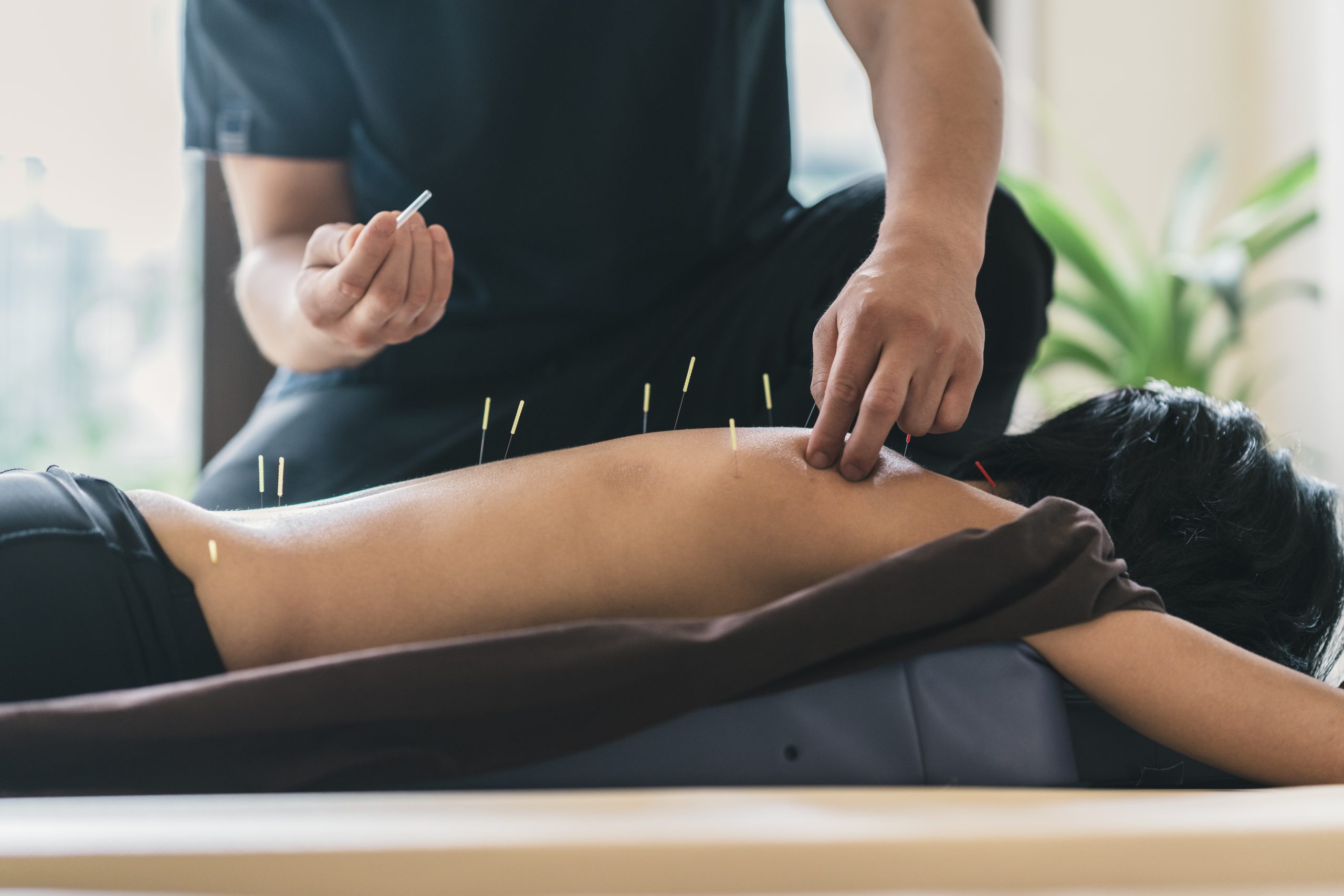Are you curious to understand the difference between acupuncture and dry needling? Both methods work by targeting muscles in a specific area with tiny needles. While they both look similar, there is some key information about these treatments that anyone considering them should be aware of – such as their benefits, risks, and functions associated with each one and how they differ from one another. My colleague, Kaysie Lingo, L.Ac wrote an amazing blog that details these differences and I agree 100%. Below is the basic overview of her points, but please read the article in it’s entirety here.
Benefits of Acupuncture:
•Traditional Chinese medicine practice that has been around for thousands of years.
•Involves inserting thin needles into specific points on the body, called acupuncture points.
•Increases blood circulation and initiates neuromodulation for overall healing.
•Treats chronic pain, anxiety, and sleep disorders.
Benefits of Dry Needling:
•Dry needling is a relatively new technique that borrows from acupuncture.
•Involves inserting thin needles into tight muscle knots, known as trigger points.
•Releases tension and alleviates pain.
•Mainly used to treat musculoskeletal problems.
Both techniques offer numerous benefits:
•Pain relief by activating the body’s natural pain-killing chemicals.
•Reduced muscle tension and improved mobility.
•Improved circulation, providing oxygen and nutrients to affected tissues.
•Reduced inflammation, promoting natural healing (note: needling in the area of pain may not always be appropriate).
•Relaxation and calming effects due to the balancing of the body’s nervous system.
Who Can Perform Acupuncture and Dry Needling?
Acupuncture is performed by a licensed acupuncturist who has completed a comprehensive program in traditional Chinese medicine, including dry needling. They must pass a national examination and meet strict requirements for state licensure.

